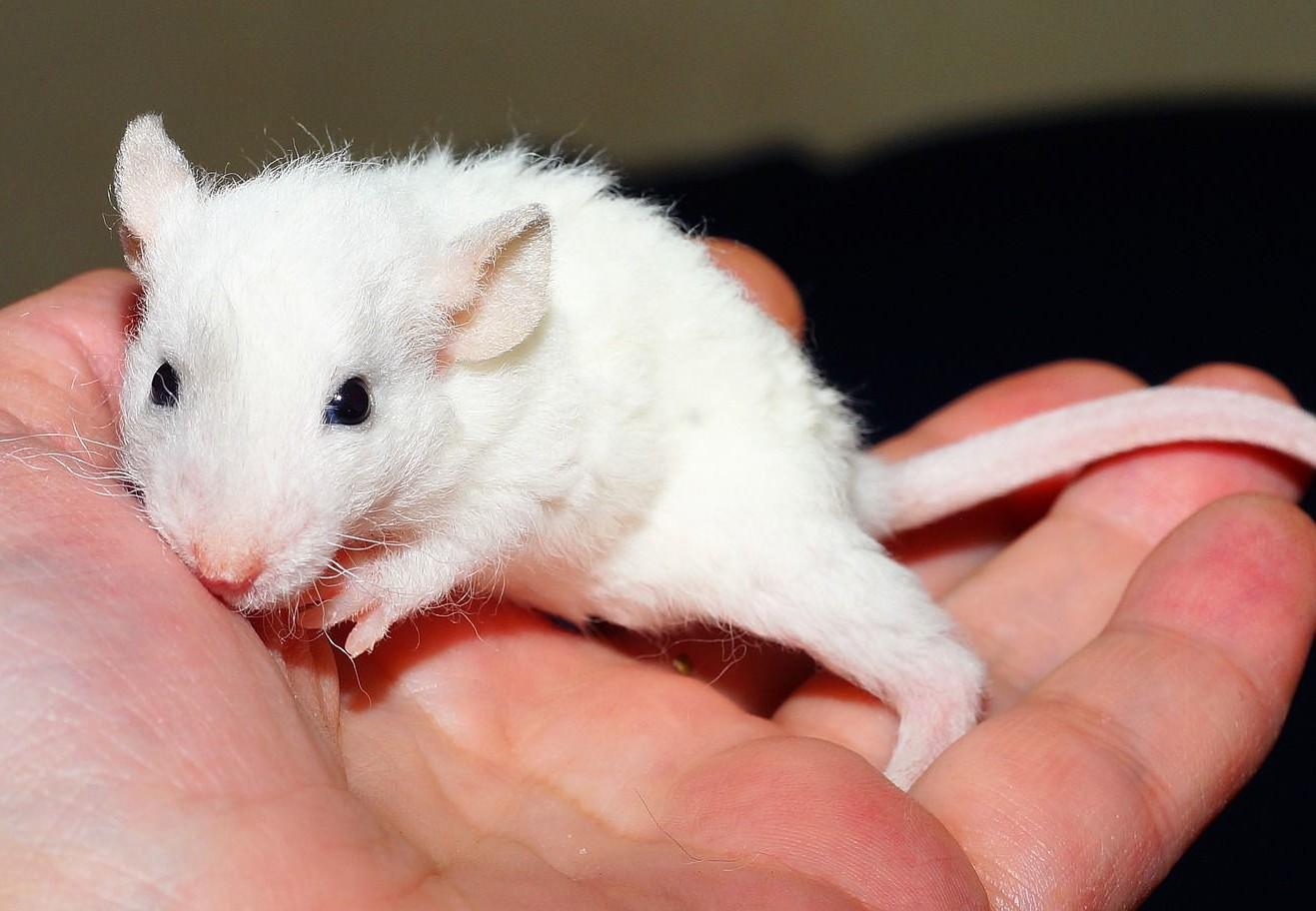
Pet rats – their most common diseases
Signs that your rat needs to go to the vet
Pet rats often hide their diseases, making it very difficult to detect them in good time. It is really important, therefore, for rat owners to recognise the signs of disease at an early stage. The following list of typical health problems should help you detect the first signs of illness in your pet.
Tumours
Besides respiratory diseases, tumours are the most common diseases in pet rats and rats in general. Their severity varies from benign lipomas to malignant tumours. It is essential to consult a veterinarian as soon as one appears, as tumours must be removed as quickly as possible to prevent the cancer from spreading.
The first signs of tumours may be:
- Pain
- Lethargy
- Weight loss
- Weight gain (due to weight of tumour)
- Visible and perceptible lumps
- Increased appetite
- Movement disorders (due to brain tumour)
Respiratory illnesses
Respiratory diseases are not uncommon in pet rats. There are several bacteria and viruses that can lead to diseases of the lungs and respiratory tract. Respiratory diseases can be caused, among other things, by contact with contaminated faeces, urine or litter, or by direct contact with infectious fellow rodents, but also by dry ambient air and smoke.
Initial symptoms are usually:
- Sneezing
- Sniffing
- Coughing
- Shortness of breath
- Aqueous nasal discharge
- Flank breathing
- Eye discharge
- Reddish-brown discolouration around eyes and nose
Preventive measures:
- Good cage hygiene
- Avoid any stress
- Select a draught-free place for cage
- Avoid contact with infectious rats
- Avoid dryness
- Avoid smoke
Eye diseases
Eye problems can have different causes, most typically injuries caused by ranking fights, the intrusion of foreign objects, or inflammations caused by infection.
Symptoms are usually:
- Eye discharge
- Swellings
- Reddening
- Obvious injuries
Preventive measures:
- Use good bedding
- Pay attention to health
- Avoid stress
Dental diseases
If the incisors or cheek teeth are mispositioned, the teeth can become too long and rats will no longer be able to eat.
Symptoms are:
- The animal eats very slowly or does not eat at all
- It prefers soft food
- It loses weight
Preventive measures:
- Regular dental check-ups
- Any changes treated by the veterinarian
- Ensure good tooth abrasion
Changes in coat and skin
Pet rats – and rats in general – can be victims of parasitic infestation. Biting lice and mites can induce stress so severe that it can be fatal.
Symptoms are:
- Severe itching
- Scabs on skin and ears
- Shaggy fur
- Shedding of fur
Preventive measures:
- Good cage hygiene
- Good nutrition
- Good ventilation
- Good bedding

